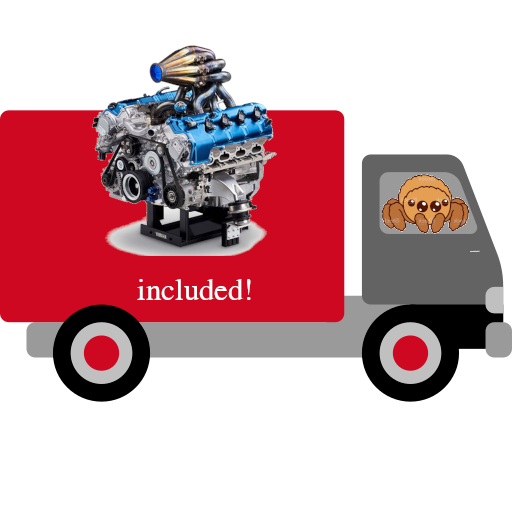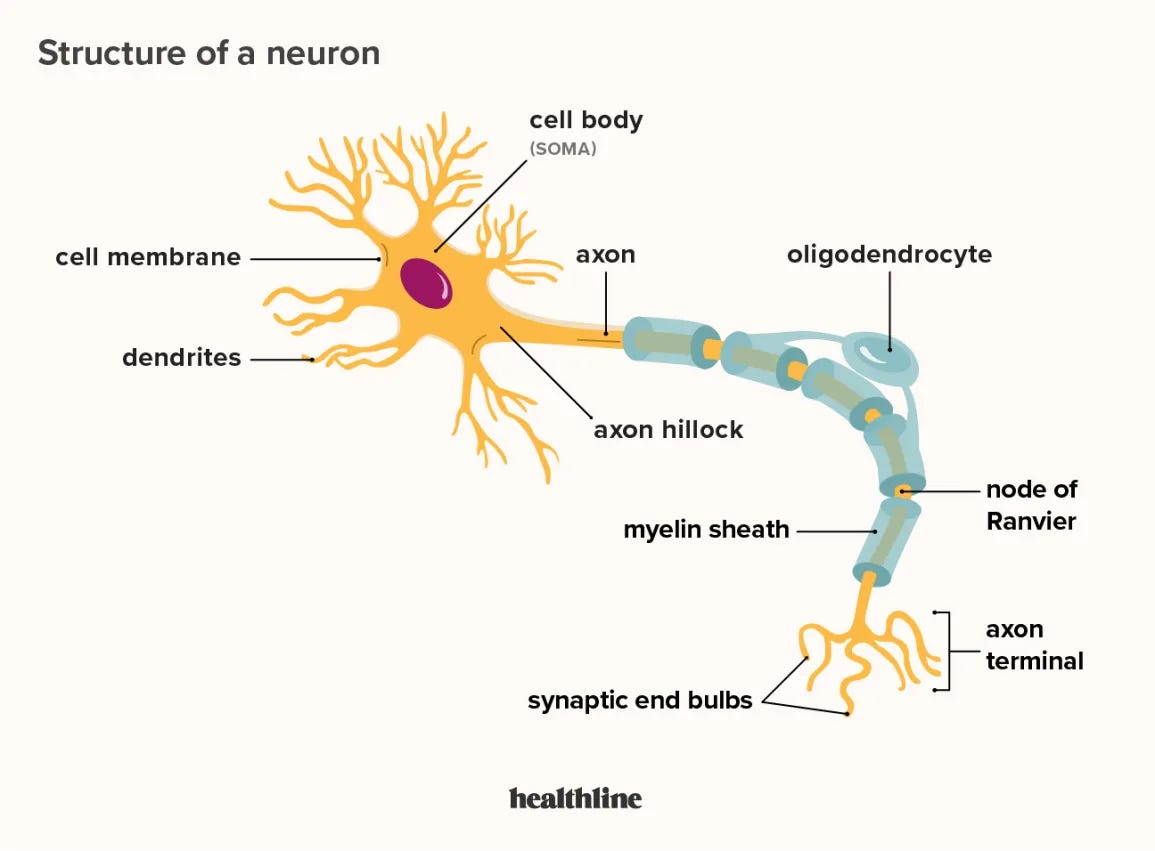Here is a short tutorial crunching a few mnemonics techniques to remember a 12-words seed phrase. Forever. In 15 minutes. A learn-by-doing approach to mnemonics and how to fix long-term memory in our brains.
Let’s create a real wallet out of the blue to generate a seed phrase:
drive include engine deliver daughter check jungle stadium use friend rubber wisdom
Nice, these words have nothing to do with each other. Are we really gonna read them 100 times and hope that it sticks? Of course not.
Strategy #1 – Write it on paper
Because you want a fail safe way to recover it.
At least while you are in the process of rehearsing it. Remembering it forever is possible IF you rehearse it every once in a while. Like you used to know some poems at school and they may have stuck with you so far, or not. Don’t leave it to chance.
Handwriting allegedly helps with memorization, moreover.
Strategy #2 – Give it some flavor
And by flavor I mean storytelling and context.
Our brains love stories. And context. Random words mean nothing, but we can improvise something out of it.
We don’t have to use the 12 words straight away. Let’s break them into smaller bits.
“drive include engine deliver” – we’ve been lucky here because it kind of mean something. The drive include the engine deliver service. Be careful not to change “deliver” into “delivery” or “engine deliver” into “deliver engines”. Such apparently minor changes can lead into remembering wrong.
We will then proceed to IMAGINE, VISUALISE a delivery truck packed with engines. You may be the driver.

This part of the process is important. Creating pictures, scenes, is way more memorable than dry words.
Make it fun, absurd. Exaggerate. Look at that tiny jumping spider driving a delivery truck with an included engine. This is so stupid that it has much higher chances to stick than “drive include engine deliver”.
“daughter check jungle” – picture some cartoon teenage girl checking on BowTiedOx’s FIZEEK on her phone.
“Wait a minute, this has no link with the goddamn truck!”
Yes, and it doesn’t need to. We need rememberable bits but they don’t need to be directly connected to each other.
Because…
The truck is going to deliver an engine TO the daughter that is checking on the Jungle. Yes, even more stupid! But see, we’re building a story here. It’s absurd but coherent and our brain can work with that just fine.
We just remembered 7 words with minimal effort.
“stadium use friend rubber wisdom” – now that’s trickier. Should be move our daughter and delivery truck into a stadium?
Yes, if it’s the first idea that comes to mind, it’s intuitive enough.
So we’re left with the four last words, “use friend rubber wisdom”.
We can complete the story here: the daughter checking on the Jungle is having an included engine delivered by a driver, to use her friend rubber’s wisdom. Or her friend’s rubber wisdom? I think a friend made out of rubber is the most absurd – so the most rememberable option.
Her friend “Rubber”, who is made out of rubber, gave her some wisdom. That requires an engine included in a delivery by drive.
Note: you should aim either for absurd/funny or scary, because these are the two most rememberable aspects of things for our brain. This is survival-related. If something is abnormal and represents a threat: we feel fear. If something is abnormal and does not represent a threat: we feel amused. This duality is well embodied by clowns, who are funny (ish) until they have a knife in the hands. Survival-related because our brain is recording the abnormality in order to be able to face it again in the future.
A drive include an engine deliver to a daughter who check the jungle in a stadium, because she needs it to use her friend rubber’s wisdom.
Since we’re fucking with grammar, I wouldn’t advise remembering the above sentence. We risk changing “deliver” into “delivery”. We don’t want to confuse ourselves. Stick with the big idea of the story, don’t make it a poem (in this specific case).
We got all the pieces, and a story to work with.
Now we want to make sure to remember them in the right order.
Strategy #3 – crunching the initials to remember the right order
Our story embodies all of the 12 words but we’re at risk of confusing the order. So let’s add an “overview” of the phrase. I like to work with initials. In uni, I could remember very long lists of elements using that strategy. So let’s look at the first letter of each word.
Drive Include Engine Deliver Daughter Check Jungle Stadium Use Friend Rubber Wisdom
DIEDDCJSUFRW – feels like we can make something out of that. Let’s break it down into something that make at least a bit of sense.
DIED DC J SUFR W. My mnemonist intuition reads “died DC J(esus) SUF(fe)R W(ashington)”.
Died in DC, Jesus, suffering, in Washington. Again a story! Only 7 words! However here, as we are remembering the order, we shall not change the order of the words.
“But how will I remember that Jesus in this story is only here for me to remember that the letter J is the beginning of the 7th word of the seed phrase?!”
Here’s the thing: your brain is more adaptable than a computer and we have created enough links and context for you to make sense of this. It “speaks” to you.
Note that it works IF you create the story, not if you pick mine! (And why would you remember the seed phrase of a compromised wallet anyway).
Also, you can write down “Died in DC, Jesus, suffering, in Washington” on your computer, that’s definitely not enough info to steal your wallet and no software will be able to reverse engineer that, ever. You just cryptographied your own seed phrase with your brain!
Strategy #4 – repetition
Then, you’ll have to rehearse again, just as in school. But, we got two super short stories, it won’t even take half a minute.
A few times a day in the beginning. Then once a day. Then every other day. Then once a week. Then twice or once a month. We’re talking about your money so let’s be serious about it, ok?
Not much to add here. When it’s rehearsal time, try to remember your seed phrase using the strategies explained before. If you miss something, try to reverse engineer. If you can’t remember a word or more, then get back to your piece of paper (if you crafted your story right, it won’t happen though, I promise).
Why repetition is important?
Repetition of information will trigger neural paths in your brain. The excitation of these paths indicates to the glial cells (the maintenance workers of the brain) that this path needs consolidation because it is being used.
The brain looks for efficiency, getting read of useless neural paths and reinforcing useful ones.
That’s why we forget poems we learned at school and don’t care about anymore, and why we can remember our seed phrase forever if we reactive the neural path every once in a while.
The process of reinforcing neural paths is called myelinization. Myelin is a protein used to create a “sheath” around axons (the cables between neurons, to the extremities of which are located the synapses, that’s it for the science). Myelin facilitates electric circulation, meaning the neural path is going to be faster. It will also protect it from degradation.

The axon and its myelin sheath. The latter gets thicker when you rehearse.
Conclusion: memorization happens when something happens
Mnemonics as a discipline is often linked to the Antiquity, when paper/writing/reading were scarce and actors had to remember all their texts by heart in order to play in a theater.
Various strategies emerged, and all of them imply the use of stories or some sense of something happening, context, and links between the elements.
Memory works by associations. Period.
Today, we created a story out of 12 random words to remember them, and an additional story out of 12 letters in order to remember their order.
You don’t need to do both. I advise it, but you can get away with any strategy that is creative enough to be able to recall. Creativity is the best friend of memory. We remember vivid, funny and scary stuff, because they are not normal. They are unusual.
In the opposite way, we tend to forget the most usual things we do. Ever wondered if you closed your door before leaving home? This is so automatic and boring that you forget it within a minute!
All in all, this little three step process takes about 10-15 minutes and require a bit of thinking. Then you rehearse your story and that will stick.
I very VERY STRONGLY advise you to take 15-20 minutes now to generate a seed phrase by yourself (or use one you have already) and repeat the process described in this article. See how that works for you!
“Knowledge is only potential power. It becomes power only when, and if, it is organized into definite plans of action, and directed to a definite end.” – Napoleon Hill
Leave a Reply